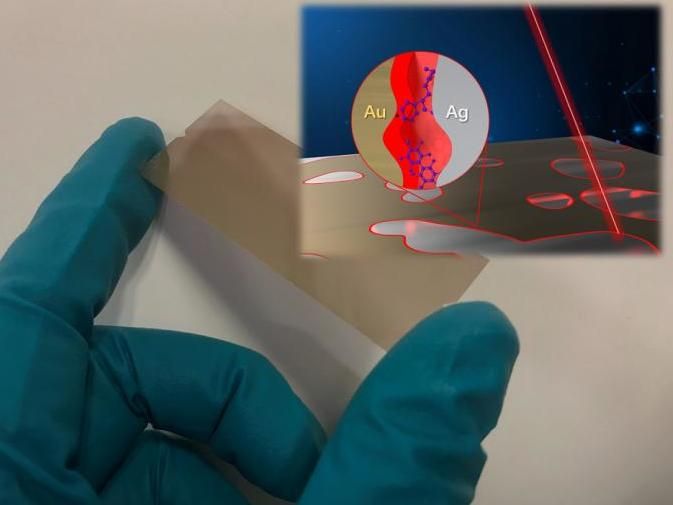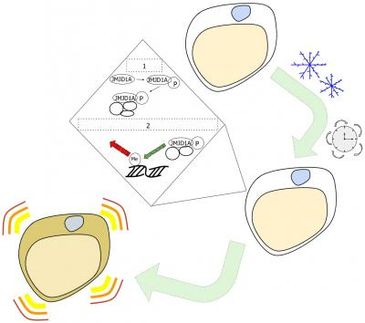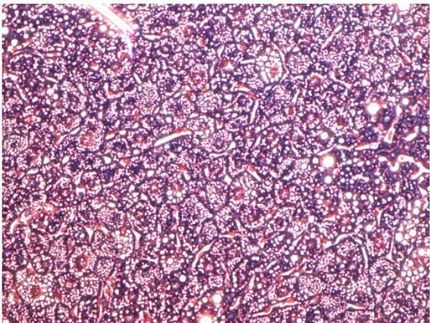A power failure in your fat cells could short-circuit your health
A specialized fat molecule, called cardiolipin, that is made within the body's own fat cells, is far more significant to the body's overall state of health than previously realized.
Large amounts of cardiolipin produced in the fat cells' mitochondria - or so-called powerhouses - result in stronger calorie-burning while low amounts of the molecule are related to obesity and type 2 diabetes, a new study conducted at the University of Copenhagen shows.
- Brown fat is a fascinating and unique type of fat tissue that actually burns calories rather than stores them. Now we have learned that the fat molecule, cardiolipin, functions almost like an "on-off switch" for the activity of our brown fat. Switching off production of cardiolipin in mice leads to insulin resistance, which is the cornerstone of diabetes, says Associate Professor Zach Gerhart-Hines from the Novo Nordisk Foundation Center for Basic Metabolic Research and senior author of the study.
Burn More Calories
A brown fat cell functions as a microscopic biological furnace that warms the body. The study, which has just been published in the scientific journal, Cell Metabolism, started out by examining what happens in the fat cells of mice that are exposed to cold temperature, where brown fat is pushed to burn energy at full throttle. The researchers found that the mitochondria produced a lot of the molecule, cardiolipin. However, in order to understand how this could affect energy balance and health, they had to develop new tools.
- We generated mouse models in which we could switch off cardiolipin production in brown fat. After decreasing cardiolipin levels, the mice became insulin resistant and thus provided a clear link to diabetes. What really surprised us was that when we turned up the production of cardiolipin in both mouse and human fat cells, we increased the amount of calories the fat cells were able to burn, Zach Gerhart-Hines explains.
Conclusions Supported by Human Genetics and Diabetic Patients
The researchers further uncovered promising evidence that strongly suggests the scientific findings are relevant to humans.
When the researchers investigated the genetics of metabolic disease, they found that people with a gene mutation linked to low cardiolipin production have a higher risk of being overweight and developing type 2 diabetes than others.
The researchers also examined the levels of the enzyme that makes cardiolipin in fat cells from healthy and diabetic patients. They found that fat cells from healthy, insulin-sensitive people had significantly more cardiolipin-producing enzyme.
"We're excited that what we find in the petri dish and animal models seems to also be true in humans. This could open up new approaches to improve metabolic health by finding ways to boost the amount of cardiolipin in the body's fat cells, says Elahu Sustarsic, the postdoctoral researcher at the University of Copenhagen who led the studies.
Boosting Brown Fat Power in the Future
This work has revealed for the first time that a single fat molecule in the powerhouse of fat cells can have a profound influence on the health of the whole body. The researchers now hope to uncover ways to boost cardiolipin in fat cells to increase insulin sensitivity and combat metabolic disease.
The highly collaborative effort is the result of several research groups' cross-disciplinary exploration of the brown fat cells' production of cardiolipin. Researchers from Harvard Medical School in the US, the Helmholtz Diabetes Center in Germany, and several Danish institutions including the University of Southern Denmark and University of Copenhagen have contributed to the project.
Original publication
Other news from the department science

Get the analytics and lab tech industry in your inbox
By submitting this form you agree that LUMITOS AG will send you the newsletter(s) selected above by email. Your data will not be passed on to third parties. Your data will be stored and processed in accordance with our data protection regulations. LUMITOS may contact you by email for the purpose of advertising or market and opinion surveys. You can revoke your consent at any time without giving reasons to LUMITOS AG, Ernst-Augustin-Str. 2, 12489 Berlin, Germany or by e-mail at revoke@lumitos.com with effect for the future. In addition, each email contains a link to unsubscribe from the corresponding newsletter.
Most read news
More news from our other portals
Last viewed contents

Researchers report quantum-limit-approaching chemical sensing chip - Study shows improvements to chemical sensing chip that aims to quickly and accurately identify drugs and other trace chemicals

























































